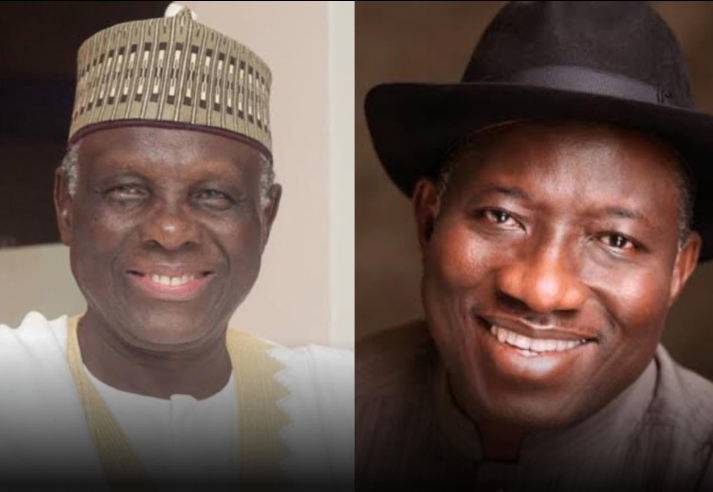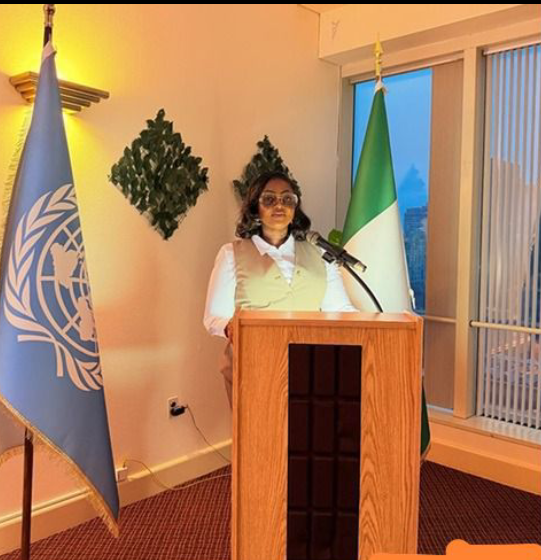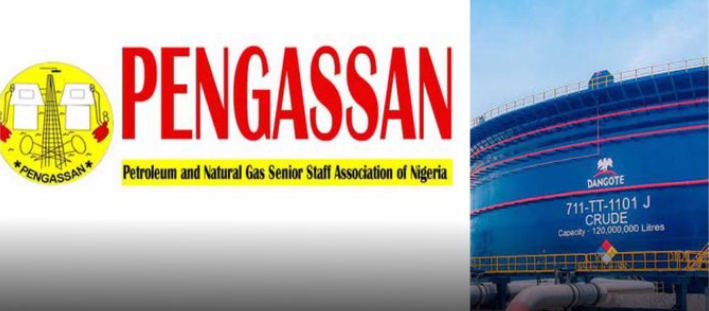
Goodluck Jonathan Set to Stage Political Comeback in 2027, Says Jerry Gana

Nigeria’s political landscape was thrown into fresh excitement and debate on Saturday after former Minister of Information and Orientation, Professor Jerry Gana, revealed that former President Goodluck Ebele Jonathan will be on the ballot in 2027 as the presidential candidate of the Peoples Democratic Party (PDP). Speaking to journalists after the PDP Niger State Congress in Minna, the respected elder statesman declared in clear terms that Jonathan, who handed over power in 2015, has accepted calls from Nigerians to return to Aso Rock and will indeed contest the presidential election. The declaration, which spread like wildfire across political and social circles, has already reignited discussions about Nigeria’s democratic journey, Jonathan’s legacy, and the country’s readiness to embrace a familiar figure in the face of growing economic and social challenges.
Professor Gana, who is one of the founding fathers of the PDP and a strong voice within Nigeria’s political establishment, said the clamor for Jonathan’s return had grown louder over the years as Nigerians compared his administration with what came after. He reminded Nigerians of Jonathan’s famous statement in 2015 when he said his political ambition was not worth the blood of any Nigerian, a statement that came at a time of heightened political tension. According to Gana, Nigerians have now had the chance to experience leadership under two other presidents since Jonathan’s exit, and the result has convinced many that Jonathan’s era, often described as calm and moderately progressive, is preferable to the current realities. “In 2015, former President Goodluck Jonathan said his ambition was not worth the blood of Nigerians. After him, another President ruled for eight years, and now another has ruled for two years. Nigerians have seen the difference, and the difference is very clear. Nigerians are now asking us to bring back our friend, former President Goodluck Jonathan,” Gana stated.
In what appeared to be more than just speculation, Gana confirmed with certainty that Jonathan had agreed to run on the PDP platform in 2027 and urged party members and Nigerians in general to prepare themselves for his comeback. “I can confirm that Goodluck Ebele Jonathan will contest the presidential election in 2027 as PDP candidate, and we should be prepared to vote for him to return as President again,” he said confidently. His words carried the weight of authority, not only because of his political pedigree but also because of the long-standing relationship he shares with Jonathan and the inner workings of the PDP.
Beyond Jonathan’s anticipated candidacy, Gana used the platform to reaffirm PDP’s internal cohesion, insisting that the party remains Nigeria’s most democratic and people-centered political organization. He dismissed speculations of deep-seated crises within the PDP, stressing that the party’s founding fathers have always found a way to resolve disputes through dialogue and consultations. He cited the consultative conference held in Abuja during a period of near-crisis as an example of the party’s ability to put internal disagreements aside for the greater good. “When there was a near crisis in the party, the founding fathers convened a consultative conference in Abuja and addressed all the issues. We are now prepared for the task ahead in 2027,” he assured.
The veteran politician, who once vied for the presidency himself, went further to urge Nigerians to “shine their eyes” and prepare to vote out the current administration, which he accused of failing to deliver on its promises. He argued that Jonathan’s return would restore good governance, inclusivity, and a leadership style that puts the interest of the people first. His comments come at a time when many Nigerians are expressing deep frustrations over economic hardship, rising insecurity, and the weakening of key institutions. For many of Jonathan’s supporters, Gana’s words are the formal confirmation they had been waiting for after years of speculations about a possible return.
Meanwhile, the PDP Niger State Congress, where Gana made the remarks, also produced new leadership for the party at the state level. Alhaji Aliyu Mohammed Halidu emerged as chairman with 1,289 votes, narrowly defeating Zonal Chairman Alhaji Yahaya Abdullahi, popularly known as Ability, who polled 1,269 votes. The election, which was described as keenly contested, signaled the competitive spirit that still drives the PDP at the grassroots. Other results included Alhaji Khadi Kuta, who was returned unopposed as Secretary, and Mrs. Salome Ndakosu, who clinched the position of Woman Leader with 1,373 votes against Ramotu Jibrin’s 590.
In his acceptance speech, Halidu called for unity within the party and emphasized the importance of collective effort as the PDP gears up for the 2027 elections. “We must join hands in ensuring the return of a people-oriented government in 2027,” he said, echoing Gana’s optimism and further fueling the momentum behind Jonathan’s expected return. The mood at the congress was one of renewed energy and hope as party loyalists saw the developments as a step toward reclaiming power at the federal level.
The news of Jonathan’s comeback has already sparked heated debates across Nigeria’s political spectrum. For some, his return represents unfinished business, a second chance to lead the country with lessons learned from his first tenure. Supporters argue that Jonathan’s humility, non-confrontational style, and democratic credentials make him the right leader for these turbulent times. They point to his concessions in 2015 as evidence of his statesmanship and argue that he has the temperament to heal divisions and stabilize Nigeria’s fragile democracy. Critics, however, question whether a return to the past is truly the solution, warning that Jonathan’s government was not without flaws, including allegations of corruption and weak institutional reforms. They argue that Nigeria needs fresh leadership with bold ideas to confront its mounting challenges rather than recycling old leaders.
Still, Gana’s declaration marks a turning point in Nigeria’s pre-2027 political discourse. With Jonathan’s name officially back in the mix, attention will now shift to how the PDP positions itself nationally, how rival parties respond, and whether Jonathan himself will publicly break his silence to confirm or deny the statement. Already, whispers are growing within political circles that his candidacy could reshape alignments, trigger defections, and set the stage for one of the most anticipated elections in Nigeria’s history.
As the countdown to 2027 begins in earnest, Nigerians are once again confronted with the familiar face of Goodluck Jonathan as a possible solution to their frustrations. For some, it is a comforting thought that brings back memories of relative stability and democratic civility. For others, it is a reminder of missed opportunities and unresolved issues from his previous tenure. Whether his candidacy will unite or polarize Nigerians remains to be seen, but one thing is certain: the stage is set for a dramatic comeback that will test the resilience of Nigeria’s democracy and the readiness of the people to either embrace the past or insist on a new future.


